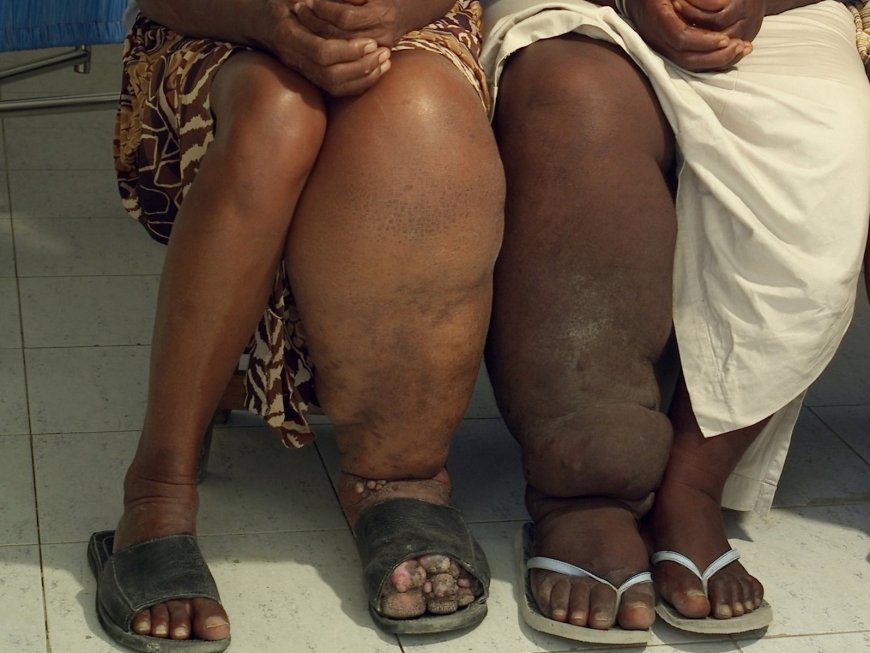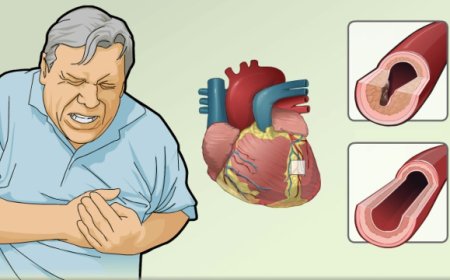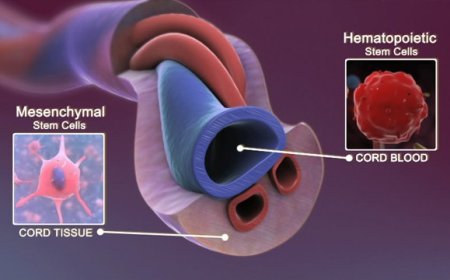Elephantiasis

Introduction :
In this article, we'll explore Elephantiasis, a condition that affects people in India. We'll discuss what Elephantiasis is, its signs and symptoms, causes, risk factors, types, diagnostic tests, treatments, complications, and prevention techniques, all explained in simple language for our 10-year-old readers.
Signs and Symptoms:
Elephantiasis can be like an unexpected guest, causing changes in a person's body. Some common signs and symptoms of Elephantiasis include:
- Swelling in the legs, like becoming bigger and puffier.
- Thickened and rough skin, like feeling a bit like an elephant's skin.
- Pain and discomfort in the affected areas, like feeling sore and achy.
What is Elephantiasis? :
Elephantiasis, also known as Lymphatic Filariasis, is a condition caused by tiny worms called parasites. These worms enter the body through mosquito bites and cause problems in the lymphatic system, which is like a network of highways in the body for fluids.
How Is Elephantiasis Classified? :
Elephantiasis is classified based on the part of the body that is affected. It can affect the legs, arms, genitals, or other areas.
Causes and Triggers:
The tiny worms that cause Elephantiasis are spread through mosquito bites. When a mosquito carrying the worms bites a person, the worms enter the body and start causing trouble in the lymphatic system.
Risk Factors with Examples:
Certain factors can increase the chances of a person getting Elephantiasis. For example:
- Living in areas where mosquitoes that carry the worms are common, like in some parts of India, can increase the risk of getting infected.
- Not taking precautions to prevent mosquito bites, like using mosquito nets or wearing long sleeves and pants, can also increase the risk of getting infected.
Types of Elephantiasis:
Elephantiasis is mainly classified based on the part of the body that is affected. For example:
- Lymphedema: This type affects the legs and causes severe swelling and skin changes.
- Hydrocele: This type affects the genitals and causes swelling in the scrotum in males.
Diagnostic Tests and Their Use:
To diagnose Elephantiasis, doctors may use special tests to check for the presence of the worms in the body. Some common tests include:
- Blood Test: This is like taking a small sample of blood to check for the presence of the worms.
- Ultrasound: This test uses sound waves to create pictures of the affected area and check for any changes.
Treatments:
Treating Elephantiasis aims to reduce the swelling and manage the symptoms. Some common treatments are:
- Medicines: Doctors may prescribe special medicines to kill the worms and prevent further damage.
- Compression Therapy: This involves using special bandages or stockings to reduce swelling in the affected area.
Complications of Elephantiasis:
If Elephantiasis is not managed well, it can lead to severe swelling and skin changes, making it challenging to move and causing disability.
Prevention Techniques:
Preventing Elephantiasis is essential, and some techniques can help avoid getting infected. For example:
- Using mosquito nets while sleeping, like a superhero hiding under a shield to keep mosquitoes away.
- Applying mosquito repellents and wearing protective clothing to prevent mosquito bites.
Remember, just like how we protect ourselves from the sun with sunscreen, taking care of our health and following good habits can keep us safe from diseases like Elephantiasis. If anyone notices any unusual changes in their body or experiences any discomfort, it's essential to tell a grown-up and seek medical help for proper evaluation and guidance. With curiosity and good health habits, we can embrace every joyful moment in India's beautiful world, staying healthy and happy!
What's Your Reaction?
 Like
0
Like
0
 Dislike
0
Dislike
0
 Love
0
Love
0
 Funny
0
Funny
0
 Angry
0
Angry
0
 Sad
0
Sad
0
 Wow
0
Wow
0







































































